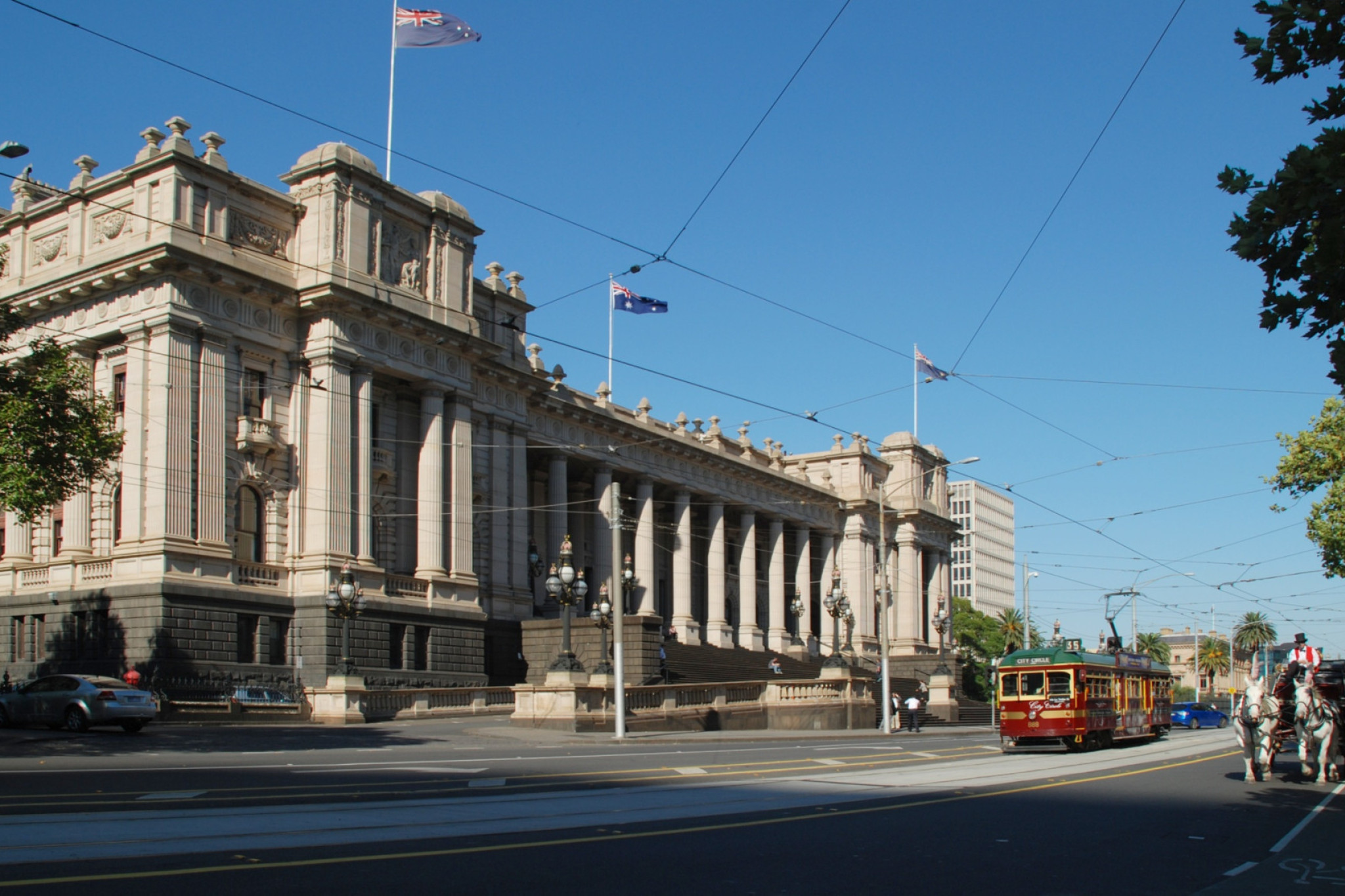General News
18 March, 2025
Experts and advocacy groups condemn government’s decision to toughen bail laws
The Tough Bail Bill will be introduced to Parliament today proposing what State Government calls the toughest bail laws in the country.

The State Government are seeking the toughest bail laws in the country to address violent reoffending, despite experts’ concern and previous inquiry recommendations.
Today the State Government will be introducing the Tough Bail Bill into Parliament to prevent reoffending and improve community safety.
However, the changes to bail law have been criticised due to the impact they may have on marginalised people and those already dealing with poverty, homelessness and the impacts of trauma.
According to Associate Professor in Crime, Justice & Legal Studies Dr Emma Russell the proposed changes echo the 2018 bail law.
“The spirit is similar and the impact will be similar as well,” she said.
A 2022 inquiry into Victoria’s criminal justice system supports these concerns, having found these prior reforms “disproportionately impacted women, Aboriginal Victorians, children and young people, and people living with disability”.
The Victorian Government’s proposed changes include:
The overarching principle in bail decision making will be community safety.
Accused youth offenders will no longer be detained in custody as a last resort.
Tougher bail tests for serious, high risk offences (such as serious gun, arson, and knife offences).
Introduction of the offence ‘committing an indictable offence while on bail’. If someone commits a second indictable offence while on bail for an indictable offence they must prove ‘compelling reasons’ for bail. State Government said safe-guards will be developed to ensure proportionality.
Summary offence if bail conditions are breached. This can be considered a reason to refuse bail.
Attorney-General Sonya Kilkenny said these changes are “targeted squarely at the risks of young people committing serious crimes while out on bail.”
However, Dr Russell believes the Victorian Government’s approach to community safety is misguided.
“The way that community safety is pitched in these bail laws is that communities will be safe as long as we identify these few problem individuals and incapacitate them in a prison for a short and unpredictable period of time on remand. And therefore, while they’re in prison on remand, the community will be safe,” she said.
“The problem is, in the longterm, the research shows that if you expose someone to prison and especially young people to prison that is going to increase their likelihood of engaging in behaviour that is going to be criminalised again in the future.”
Dr Russell said putting people in prison, even for a short time, can break down social bonds, threaten their housing, and make employment more difficult.
“It really just entrenches people in poverty, in social isolation, and in the longer term that means we have a more insecure and unsafe society,” she said.
According to the Socio-Economic Indexes for Areas (SEIFA) 2021 results the Central Goldfields ranks as one of the most socio-economically disadvantaged areas in the state.
The 2021 results from the Australian Bureau of Statistics (ABS) also found that 32.2 percent of households in the Central Goldfields earn less than $650 total a week compared to 16.4 percent for the rest of Victoria.
Speaking generally, Dr Russell said communities faced by similar issues are likely to be impacted by these proposed changes.
“Part of the problem is that tough bail laws and imprisonment generally are used as a very heavy handed blanket response to a whole range of complex social problems. There’s no one solution that we could pursue because at the moment prisons are capturing such a vast array of issues,” she said.
Executive director Kate Bundrock from Victoria Legal Aid’s Criminal Law team described detaining more people in custody as a “band-aid approach”.
“Instead, we need to take meaningful action to reconnect children to their communities and education, and to address the underlying causes of crime,” she said.
Instead Dr Russell is disappointed that State Government’s “quick political point scoring is being prioritised over evidence based criminal justice approaches”.
Nerita Waight, CEO of the Victorian Aboriginal Legal Service, condemned the Victorian Government’s decision as repeating the mistakes of the past.
“It is shameful that the Victorian government is looking to NSW and Queensland for what should be implemented, when their success markers are simply how many people are being held on remand rather than addressing the driving factors of offending. Locking people up should never be a measure of success, it is in fact an indication of failure,” she said.
Instead, Dr Russell wishes the Victorian Government would focus less on bail laws and prisons and instead on rehabilitation and the root causes of why people offend.
“It’s capturing all these social problems that really could be dealt with much more empathy and structured support,” she said.
“Rather than depositing people into prison, where we can pretend we don’t have to deal with that problem anymore ... I would much rather we’re trying to deal with these problems in the community through support.”